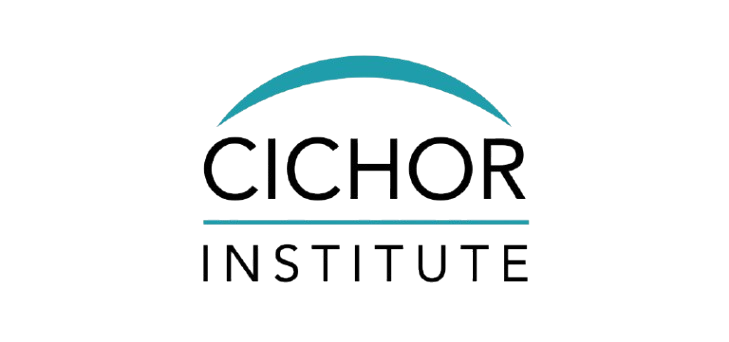The Strategic Governance Checklist: From Prototype to Trustworthy AI
In today's digital landscape, a successful innovation is governed, compliant, and trustworthy. A robust governance framework is the foundation for sustainable growth and competitive advantage. This checklist from The Cichor Institute provides a strategic lens to help you turn governance, data, and risk management from a challenge into your greatest asset.
Phase 1: Strategic Intent & Scope
What is the precise business problem and strategic intent of this system?
Consider: Are you developing an advisory AI Form Assistant or one that makes binding decisions? What are the exact operational boundaries of the Digital Twin's diagnostic authority versus the human technician's?
Have you defined the governance principles for this project?
Consider: What does "fairness" mean for your Customer Journey AI? What level of accuracy is acceptable for the smart deposit machine's predictive model before it triggers an alert?
Phase 2: Data & Model Governance
What is your data governance strategy for the entire data lifecycle?
Consider: What is the lineage of the IoT data for the Digital Twin? How do you ensure its quality, security, and compliance with the EU Data Act? How will you responsibly handle the sensitive personal data submitted through the municipal forms?
How are you governing your AI model to mitigate inherent risks?
Consider: What are the specific limitations and potential biases of the model for the form-filling task? What is your validation and testing process to minimize the risk of harmful hallucinations or inaccurate advice?
Phase 3: Operational Risk & Trust Architecture
What are the primary operational risks, and what is your mitigation plan?
Consider: What happens if the Digital Twin's AI misdiagnoses a machine, leading to incorrect parts and extended downtime? What is the fallback process if the smart deposit machine fails to notify staff, leading to customer frustration?
How have you architected the system to build and maintain user trust?
Consider: How will the VR Training system provide performance feedback in a way that feels constructive and fair, rather than purely judgmental? How will the AI Form Assistant explain its suggestions to a non-technical citizen to build their confidence and ensure transparency?
Phase 4: Strategic Impact & Compliance
How does your governance framework create a quantifiable competitive advantage?
Consider: How can a provably trustworthy AI Form Assistant not only reduce form abandonment but also significantly enhance the city's reputation for secure digital services? How does a reliable and well-governed Digital Twin translate to a clear ROI through reduced operational risk and increased efficiency?
Is your solution designed for compliance and responsible scaling?
Consider: How does your solution proactively address the principles of upcoming regulations like the EU AI Act? How would you scale the Customer Journey solution across different regions or business units while maintaining consistent governance standards?
